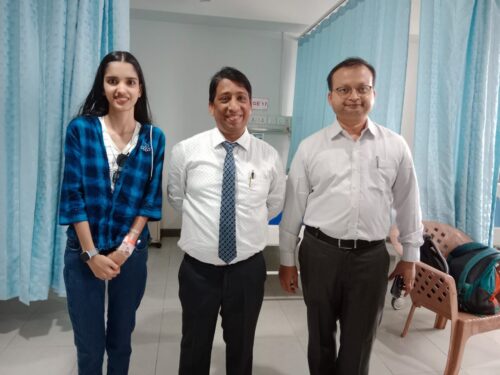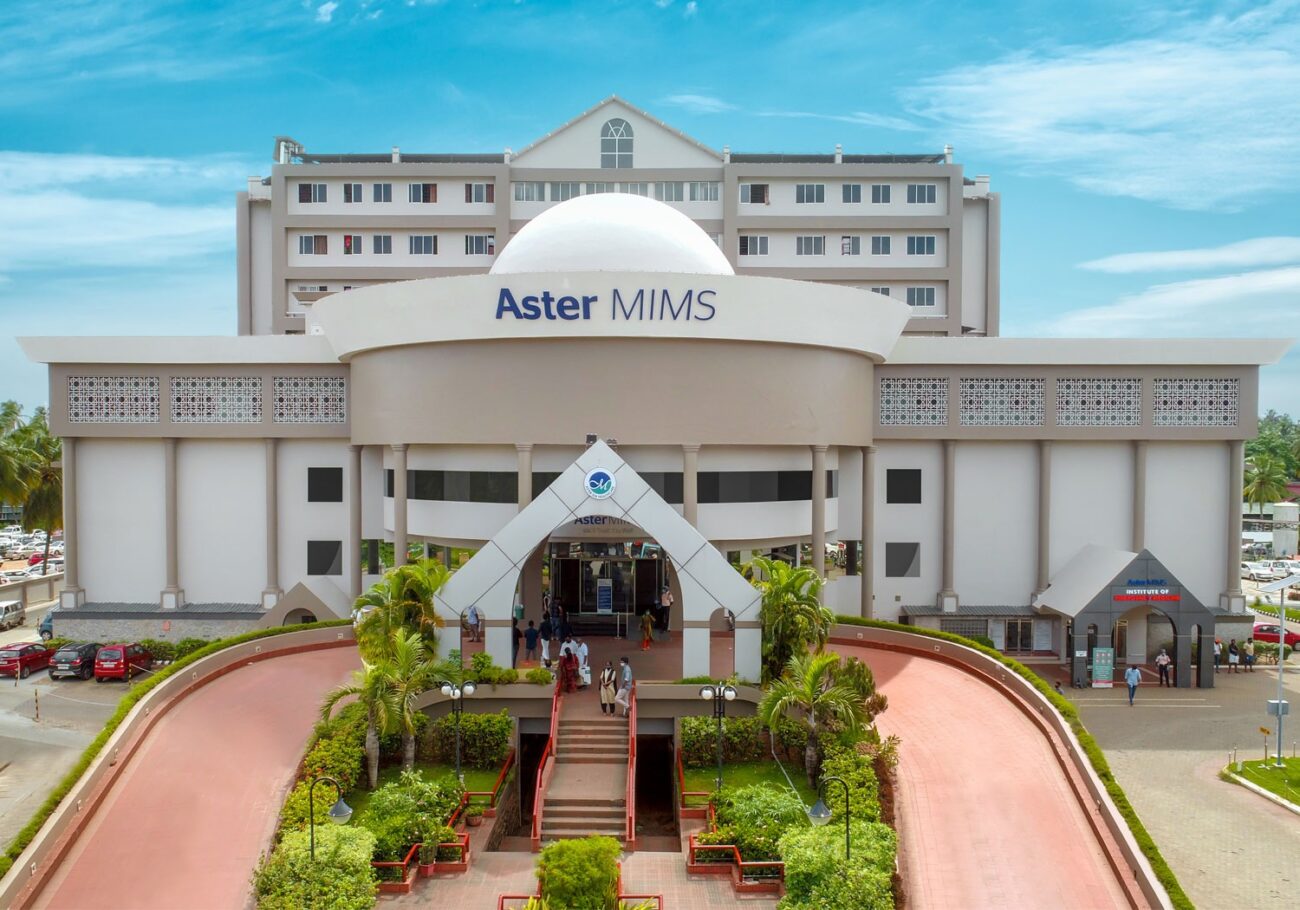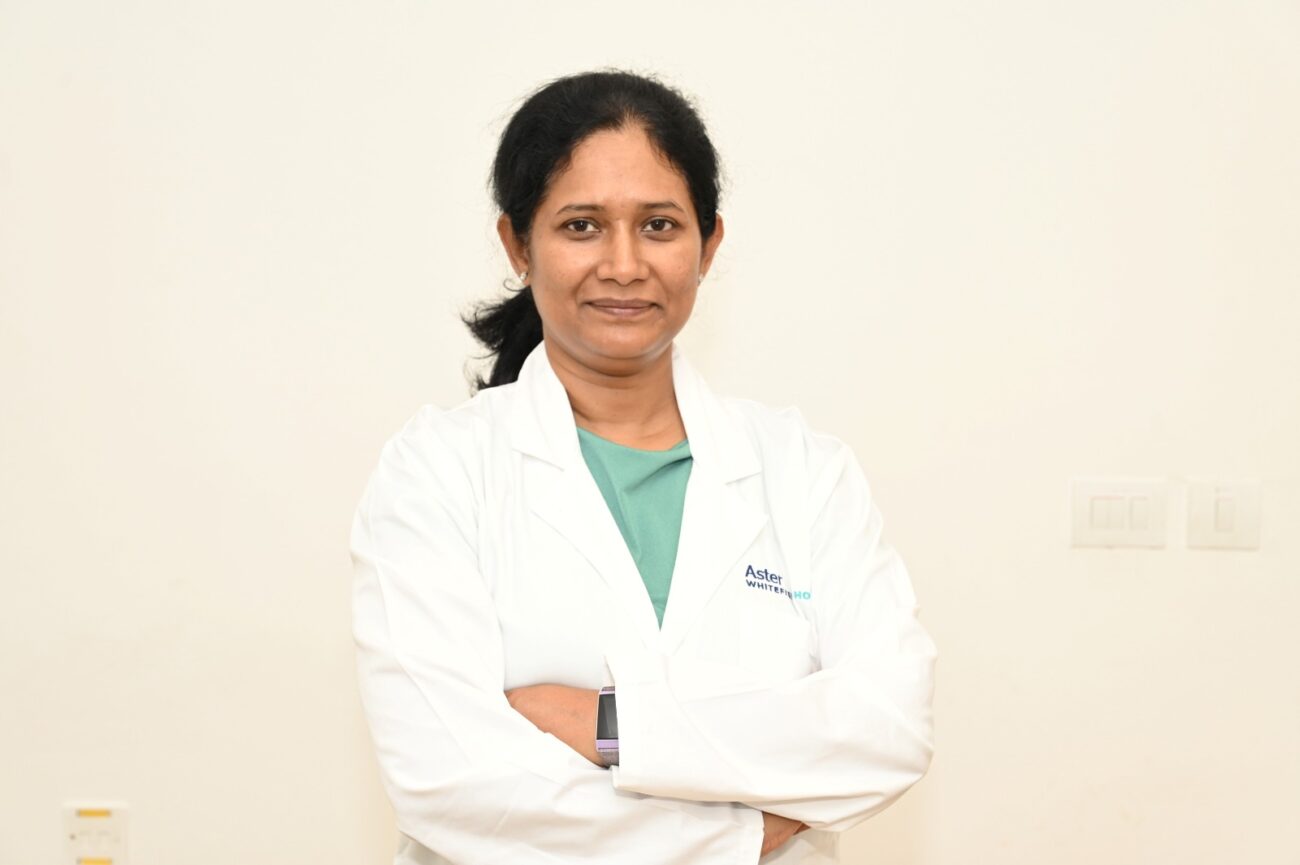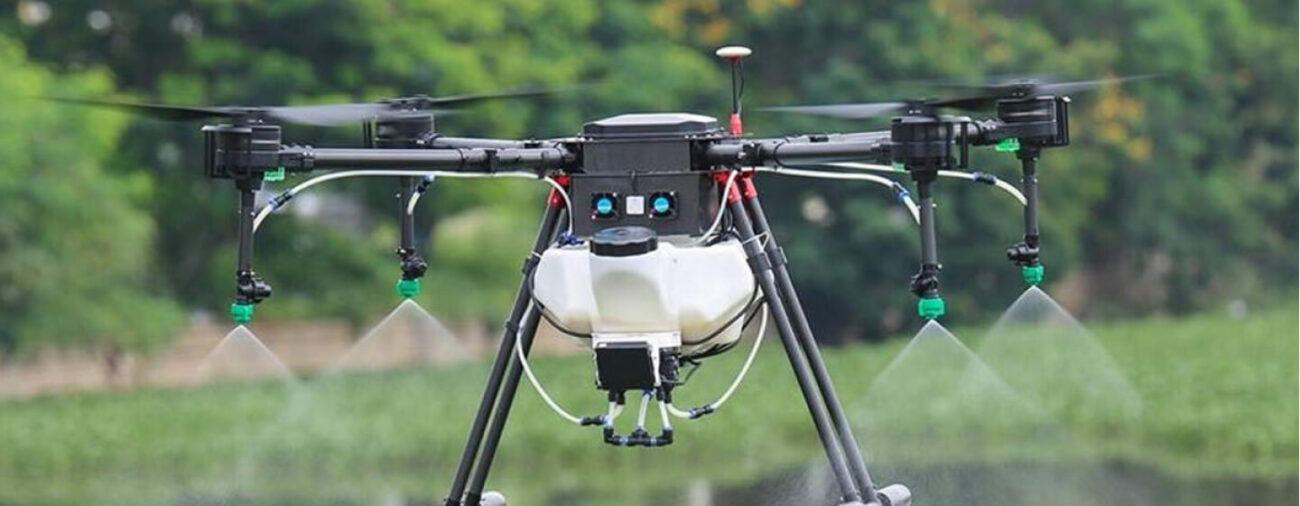Wockhardt Hospitals, Mira Road Saves A Teen With A Rare Life-Threatening Condition
~ A 17-year-old girl was diagnosed with a myasthenia crisis, a critical and potentially fatal manifestation of Myasthenia Gravis which is a long-lasting neuromuscular disorder characterized by muscle weakness that intensifies with physical exertion~ Dr Pavan Pai,

~ A 17-year-old girl was diagnosed with a myasthenia crisis, a critical and potentially fatal manifestation of Myasthenia Gravis which is a long-lasting neuromuscular disorder characterized by muscle weakness that intensifies with physical exertion~
Dr Pavan Pai, a Consultant Interventional Neurologist & Dr Aklesh Tandekar a Head Consultant Critical Care at Wockhardt Hospitals in Mira Road, along with his team saved the life of a 17-year-old college student who was diagnosed with Myasthenia crisis, a critical and potentially fatal variant of Myasthenia Gravis. The young woman presented with a history of symptoms including breathing difficulty, double vision, inability to swallow food, and weight loss of 30 kgs over 2 years. She would hardly eat a biscuit dipped in milk with great difficulty as her meal. She received effective treatment through IV Immunoglobulin therapy combined with steroids and immunosuppressants, resulting in her full recovery.
Gayatri Suta, a resident of Mira-Bhayander presented with a 3-year-old history which began after the left eyelid stye after which she developed double vision as the first symptom. However, it recovered after some time. Two years ago, after the demise of her Father, her family shifted to Bikaner where she started having difficulty swallowing both liquids and solids which resulted in inadequate oral intake followed by weight loss of 30 kg in two years and inability to attend college for further studies. She consulted various specialists like ENT, Gastroenterologists, and Physicians in Bikaner and Udaipur but could not get a definitive diagnosis. Some even referred her to a Psychiatrist stating there is no actual medical problem.
Two months ago, the family shifted back to Mira-Bhayander, where she decided to stop psychiatric medications and started searching for definitive treatment. On July 2, the patient had a fever and breathing difficulty, and she chose to consult Dr Aklesh Tandekar, Head Consultant Critical Care, Wockhardt Hospitals, Mira Road and was admitted to ICU on 9/7/24. At the time of admission, she could not hold her breath to speak and was unable to swallow both liquids and solid food. After admission, the patient was detected to have shallow breathing for which she was started on non-invasive ventilation and oxygen support by Dr Sanggita Checker, Consultant Pulmonologist. CT scan of her chest showed retained secretions and dilatation of the food pipe. She was referred to Dr. Pavan Pai.
Dr Pavan Pai, a Consultant Interventional Neurologist at Wockhardt Hospitals in Mira Road said, “The patient had type 2 respiratory failure with retention of Carbon dioxide making her drowsy. She could hardly make a sound when she was straining her neck muscles. She could communicate only by nodding her head or writing on paper and was being fed through a feeding tube. On evaluation, her Electrophysiological test showed easy muscle fatiguability and her blood test was positive for anti-MUSK antibody which confirmed the diagnosis of Myasthenia Gravis. However, the patient had Myasthenia crisis, a severe and life-threatening form of Myasthenia Gravis a life-threatening neuromuscular disease in which antibodies are produced against frequently used muscles such as eye muscles, swallowing, and breathing muscles which are in action constantly”. Myasthenia Gravis is a relatively uncommon disorder with an incidence of 7 to 30 new cases per million. 10-20% of patients with Myasthenia Gravis experience at least one Myasthenia crisis. Risk factors for Myasthenia crisis include greater disease severity at diagnosis, presence of Thymoma which is a tumor seen in 15 % of patients with Myasthenia Gravis, and association with MUSK antibody-like seen in this patient. Myasthenia Gravis can occur at any age but especially younger females and older males get affected. This is diagnosed by clinical examination and laboratory confirmation of antibodies along with electrophysiological tests of repetitive nerve stimulation for easy fatiguability. Once diagnosed, immunomodulatory therapy in the form of IV immunoglobulin or plasma exchange can be done to remove the antibodies and thus help to relieve the easy fatiguability of the muscles involved in the disease process.
“The patient was started on IV Immunoglobulin therapy along with steroids and immunosuppressants. The patient gradually improved over three weeks and was discharged on 30/7/2024. At the time of discharge, she was able to eat and swallow both liquid and solid food and count to twenty in a single breath. This patient was saved by the right clinical diagnosis and prompt initiation of treatment which resulted in complete recovery. After a month of treatment, the patient is now doing all the activities of daily living on her own without fatigue. She can have proper meals, hold conversations for more than five minutes, and has gained 1.5 kg weight” said Dr Pavan Pai.
The relieved Mother of the girl thanked Wockhardt Hospitals, Mira Road for their timely intervention. “My daughter faced significant challenges, including difficulty in breathing, severe weight loss, trouble swallowing, and impaired vision caused by a rare condition that we were unaware of. While other children her age enjoyed playing outside, she remained at home grappling with these troubling symptoms without a clear diagnosis. It was heartbreaking for us to witness her suffering. Thankfully, Dr Pavan Pai and his team stepped in to help and provide my child with a renewed chance at life. Thanks to their prompt diagnosis and treatment, she is now thrilled about starting college alongside her friends and appears genuinely happy,” said Sarita Sutar, mother of the patient.






